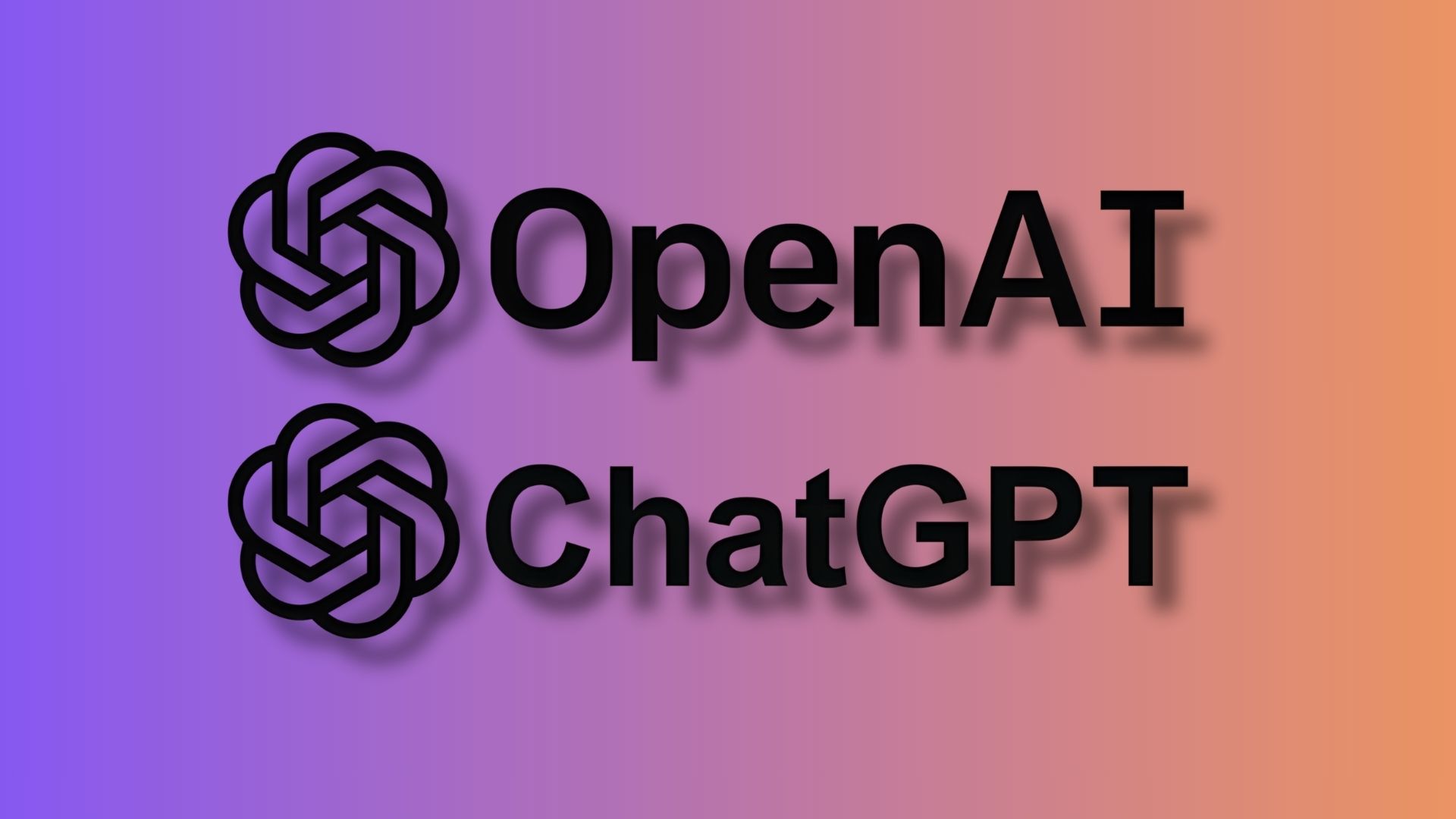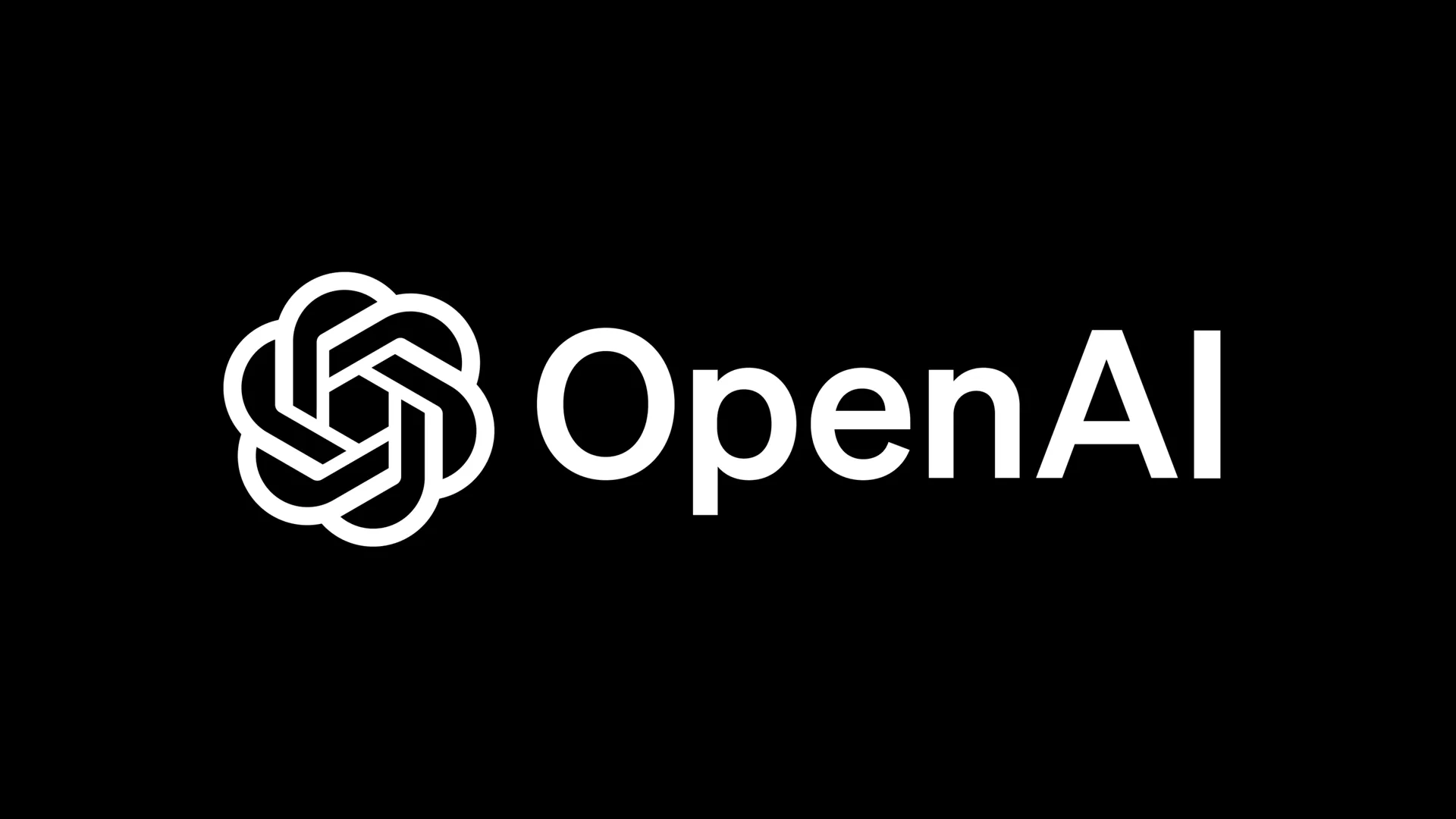OpenAI has opened submissions for third-party apps inside ChatGPT, allowing developers to publish tools that extend conversations with real-world actions. Approved apps will appear in a new in-product directory, enabling users to move directly from discussion to execution.
The initiative builds on OpenAI’s earlier DevDay announcement, where it outlined how apps could add specialised context to conversations. Developers can now submit apps for review, provided they meet the company’s requirements on safety, privacy, and user experience.
ChatGPT apps are designed to support practical workflows such as ordering groceries, creating slide decks, or searching for apartments. Apps can be activated during conversations via the tools menu, by mentioning them directly, or through automated recommendations based on context and usage signals.
To support adoption, OpenAI has released developer resources including best-practice guides, open-source example apps, and a chat-native UI library. An Apps SDK, currently in beta, allows developers to build experiences that integrate directly into conversational flows.
During the initial rollout, OpenAI’s monetisation is limited to external links directing users to developers’ own platforms. said it plans to explore additional revenue models over time as the app ecosystem matures.
Would you like to learn more about AI, tech, and digital diplomacy? If so, ask our Diplo chatbot!










